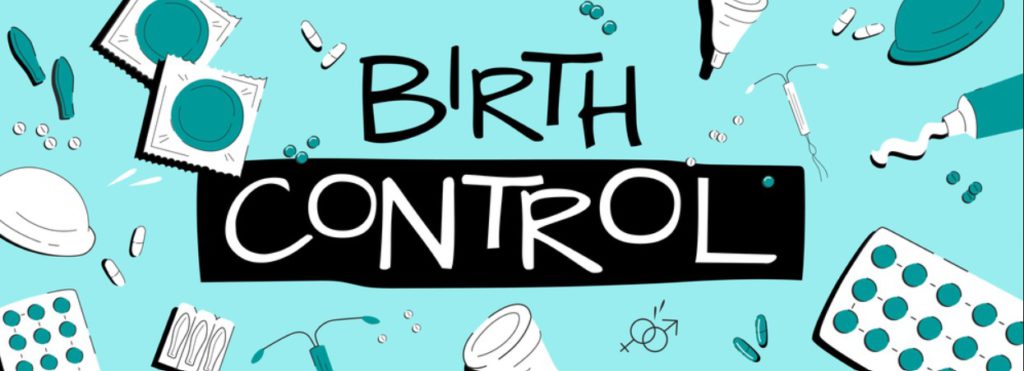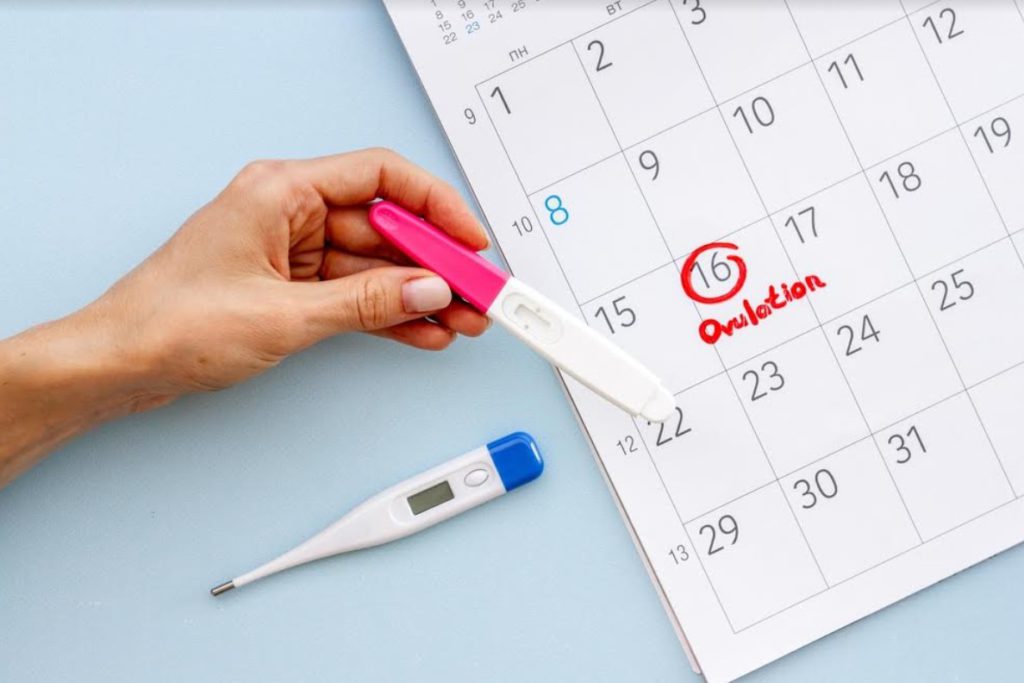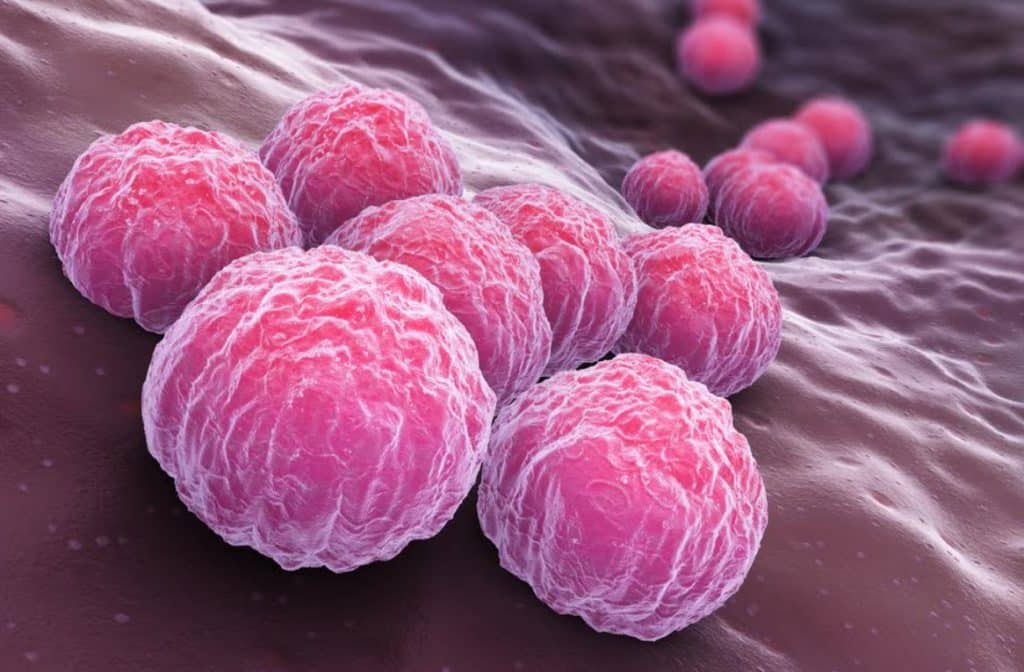Are you on any birth control? Have you ever wondered if you would be able to get pregnant again? Do you wonder if your birth control option can cause infertility? These and many more questions may be going through your mind if you are on birth control.
You are not alone
Many women around the world who want to get started on birth control often wonder if they will be able to become pregnant again. Some who are coming off birth control and have been trying to get pregnant also ask questions about the impact of previous contraceptive use on fertility.

Whichever category you belong to, this article is for you.
In this article, you will get to know more about birth control and infertility. You will also know if birth control can cause infertility, key facts about infertility, and what you can do if you want to stop birth control and get pregnant.
Birth control and infertility
Birth control is a method put in place to help avoid unplanned and unwanted pregnancies. In fact, birth control also helps you adequately plan and prepare for the coming of your child.
Several birth control methods are available for you.
Some are temporary like:
- condoms
- Diaphragms
- Contraceptive pills
- Patches
- Implants
- Injectables
On the other hand, some methods can be permanent.
This means that once you opt for them, you can never have children again. They include:
- Tubal ligation
- Hysterectomy
- Vasectomy.
These methods are irreversible so you must be sure you want them before you opt for any of them.
Infertility is defined by the Center for Disease Control and Prevention (CDC) as the inability to get pregnant after trying for a year or more with regular unprotected sex.
If you’re over 35 years old, the time span is reduced to six months. At the age of 35 or more, if a woman has been trying to get pregnant for six months or more, it is termed infertility. However, women on any form of birth control are not classified as infertile even if they meet the definition above.
This is because sex with any birth control intact is already protected.
Does birth control cause infertility?
One of the popular misconceptions about birth control is that it leads to infertility. This is not true. Birth control is not one of the causes of infertility. Hormonal contraceptives don’t cause infertility irrespective of the method you are using or how long you’ve been using them.
The purpose or function of birth control is to delay fertility for a while and not allow conception. When you stop using birth control, your normal fertility levels will return after a while. If you have used hormonal birth control, you are as likely to conceive as women who have not used hormonal contraceptives.
Factors you need to know
While it is true that birth control does not make you infertile, there are some factors about fertility you need to know if you are trying to become pregnant after coming off birth control.
They are:
1. Starting a normal period after stopping birth control can take some time:
Some women have reported delays in returning to normal ovulation and menstruation after halting birth control pills. Normally, you should resume your normal menstrual cycle in less than 3 months after stopping birth control. If this is not the case with you, you should see an obstetrician and gynecologist to know what’s happening and also check for any underlying health conditions or problems.

2. Using birth control can mask irregularities in the menstrual cycle:
One of the advantages of using birth control is that it affords you a regular and predictable menstrual cycle. The downside is that women with menstrual irregularities also enjoy this benefit, masking their health condition.
Eventually, the irregular cycles only present when they stop using birth control, making conception more difficult. Some of the irregularities in the menstrual cycle that can contribute to infertility include:
- Amenorrhea
- Irregular bleeding
- Heavy period.
3. Sexually Transmitted Infections (STIs) can cause infertility:
Birth control prevents conception from happening, it does not prevent STIs.
Most women who are already on birth control may not bother to use condoms or ask their partners to. Of all the available birth control, only condoms can prevent STIs. STIs such as chlamydia and gonorrhea can go unnoticed. When they are left untreated, the infections ultimately lead to infertility.

If you are using any birth control, you should still use a condom to protect against STIs, especially if you have multiple sexual partners. Furthermore, you should get screened for STIs regularly if you are sexually active and treat any if found.
You can read this post to know which STDs cause infertility.
4. Birth control thins the lining of the uterus
Using hormonal birth control for more than five years has been associated with a thinner lining of the uterus. This can make it more difficult to have a healthy implantation or a healthy pregnancy.
5. Birth control pills deplete anti-oxidants
Antioxidants protect our cells from free radicals and are important in maintaining good ovarian health. Recent studies show that contraceptive pills are associated with the depletion of these antioxidants. Women with prolonged use of contraceptive pills show signs of ovarian aging.
This reduced level of antioxidants can affect fertility.
What to do if you want to stop birth control and get pregnant
- Speak with your obstetrics and gynecologist: They will provide counsel on what you can do and the necessary lifestyle modification you should make.
- Get started on prenatal vitamins: Some of the nutrients needed for conception to occur might have depleted while you were on birth control. Starting on a quality prenatal conception vitamin can help replenish them and prepare your uterus for implantation and pregnancy.
- Rest well: Melatonin does not only help you sleep, but it is also a key antioxidant that helps to protect your ovaries.
- Quit smoking: Smoking affects fertility. Chronic smoking makes it difficult for you to get pregnant and can also lead to early menopause.
Conclusion
If you are unable to get pregnant after stopping your birth control pills, even with regular menstrual periods, please consult your doctor for a proper fertility exam.
Infertility can be due to several factors and it can affect both the man and the woman. You should speak with your doctor immediately because delays in getting tested and treated can reduce your chances of becoming pregnant.
There is always an option for you

